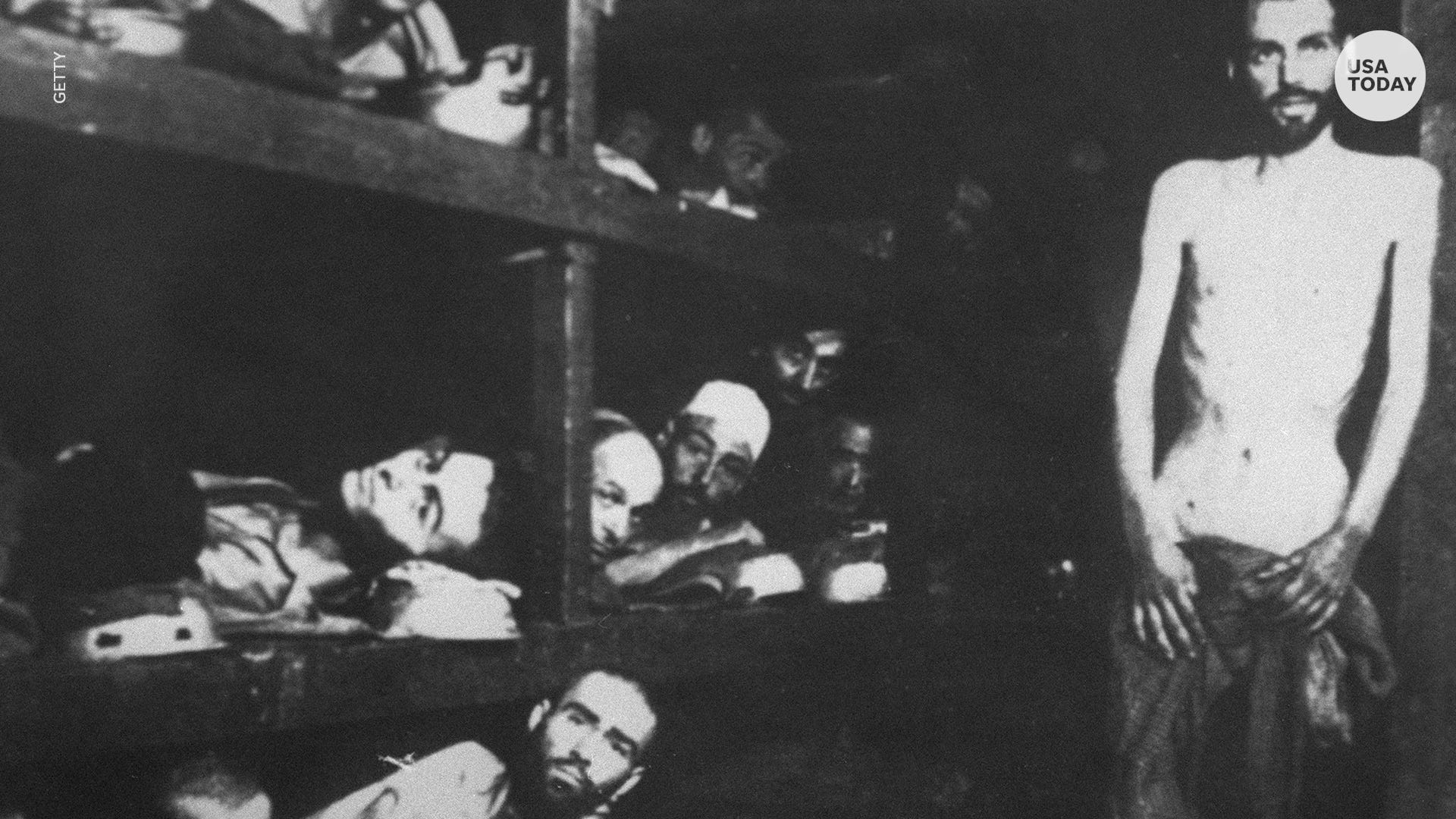The Holocaust, one of the most tragic epochs in human history, remains a poignant subject in the collective consciousness of humanity. The atrocities that transpired during this dark chapter evoke a plethora of questions regarding human nature, societal dynamics, and the underlying causes of such horrifying actions. The Bahá’í teachings offer profound insights into these inquiries, advocating for a transformative understanding of humanity and underscoring the significance of collective unity and service to others. This exploration aims to dissect the multifaceted layers of the Holocaust through the lens of Bahá’í principles, positing answers to why and how such an atrocity could manifest.
To begin with, it is essential to discern the historical context and sociopolitical framework that provided fertile ground for the Nazi ideology. The rise of anti-Semitism did not occur in isolation; rather, it was bolstered by a cacophony of factors including economic instability, nationalistic fervor, and a pervasive culture of scapegoating. As the Bahá’í teachings illuminate, prejudice arises from ignorance, which can breed divisiveness and rancor. When societies falter, they often search for a common enemy to distract from their ailments, thereby displacing their grievances onto marginalized groups. Such dynamics fueled the dehumanization of the Jewish community and rendered them vulnerable to systemic extermination.
Furthermore, the inseparable bond between governance and moral imperatives is a salient lesson underscored in Bahá’í doctrine. As power became concentrated in the hands of a few, ethical considerations were eclipsed by the obsessive lust for dominance and control, culminating in the tragic consequences of tyranny. The heinous decisions made by the Nazi regime were not merely reflections of individual malice, but rather manifestations of a broader failure of societal responsibility and conscience. Bahá’í teachings advocate for a moral framework that integrates ethical governance with initiatives promoting human dignity, thus highlighting the urgent need for leaders to engage in responsible, empathetic stewardship.
Moreover, the concept of unity in diversity, a cornerstone of Bahá’í philosophy, is crucial when contemplating the Holocaust. The pervasive notion of superiority that underpinned Nazi ideology stands in stark contrast to the Bahá’í belief that all humans, irrespective of ethnicity or creed, share a common origin and destiny. The catastrophic results of division serve as a warning: the fragmentation of society leads to disintegration and chaos. The teachings advocate for the celebration of diversity as a strength rather than viewing it as a weakness. An enlightened society acknowledges differences while striving towards collective harmony, which is pivotal in preventing any recurrence of such a calamitous event.
As we delve deeper into the mechanisms of societal betrayal that enabled the Holocaust, it becomes imperative to examine the role of complicity and complacency amongst the populace. Many citizens, out of a sense of self-preservation or ideological conformity, stood by as atrocities unfolded. The Bahá’í teachings emphasize the imperative of individual responsibility — that one must act courageously in the face of injustice. This principle of active engagement. This principle of active engagement compels individuals not only to oppose injustices but also to cultivate an environment where ethical values are at the forefront of societal discourse. A culture of justice and equity is not merely an aspiration; it is a necessity for the flourishing of humanity.
In understanding why the Holocaust happened, it is equally vital to consider the psychological dimensions that contributed to such extreme dehumanization. Research indicates that individuals can be led to commit heinous acts when they are subjected to systematic conditioning that strips away empathy. The Bahá’í teachings advocate for the cultivation of compassion as an antidote to this moral vacuity. By fostering empathy and understanding, individuals can counteract the inclinations to dehumanize others, yielding a more just and humane society. Education, in this regard, becomes a powerful tool — it serves to illuminate the shared humanity that binds us all together, dismantling the walls of separation and fostering a culture of respect.
The pivotal role of community-building cannot be overstated in this discourse. Following the Holocaust, the global community has grappled with the ramifications of collective trauma. The Bahá’í community has consistently championed initiatives that promote healing and reconciliation. By fostering dialogue and understanding among diverse groups, the teachings implore humanity to confront its dark pasts and work towards a more inclusive and harmonious future. The acknowledgment of historical grievances is fundamental to this process, as is the commitment to building structures that prevent the repetition of such atrocities.
Ultimately, in contemplating the Holocaust through the prism of Bahá’í teachings, one is beckoned towards a profound shift in perspective. It invites a holistic understanding that transcends mere historical analysis and propels one towards action — a clarion call to foster unity, promote justice, and cultivate compassion. The implications of this discourse extend beyond the realm of academia; they resonate within the very fabric of our global society, urging individuals to be vigilant and proactive in constructing a world where such horrors never recur.
In conclusion, the Holocaust serves not only as a reminder of humanity’s potential for brutality but also as an impetus for transformation. The answers to why and how these atrocities unfolded lie within the very lessons of love and unity enshrined in the Bahá’í teachings. Through the active pursuit of justice, the nurturing of empathy, and the commitment to collective action, it is within humanity’s grasp to forge a future where the dignity of every individual is upheld, and where the tragic lessons of the past inform a more compassionate tomorrow.
